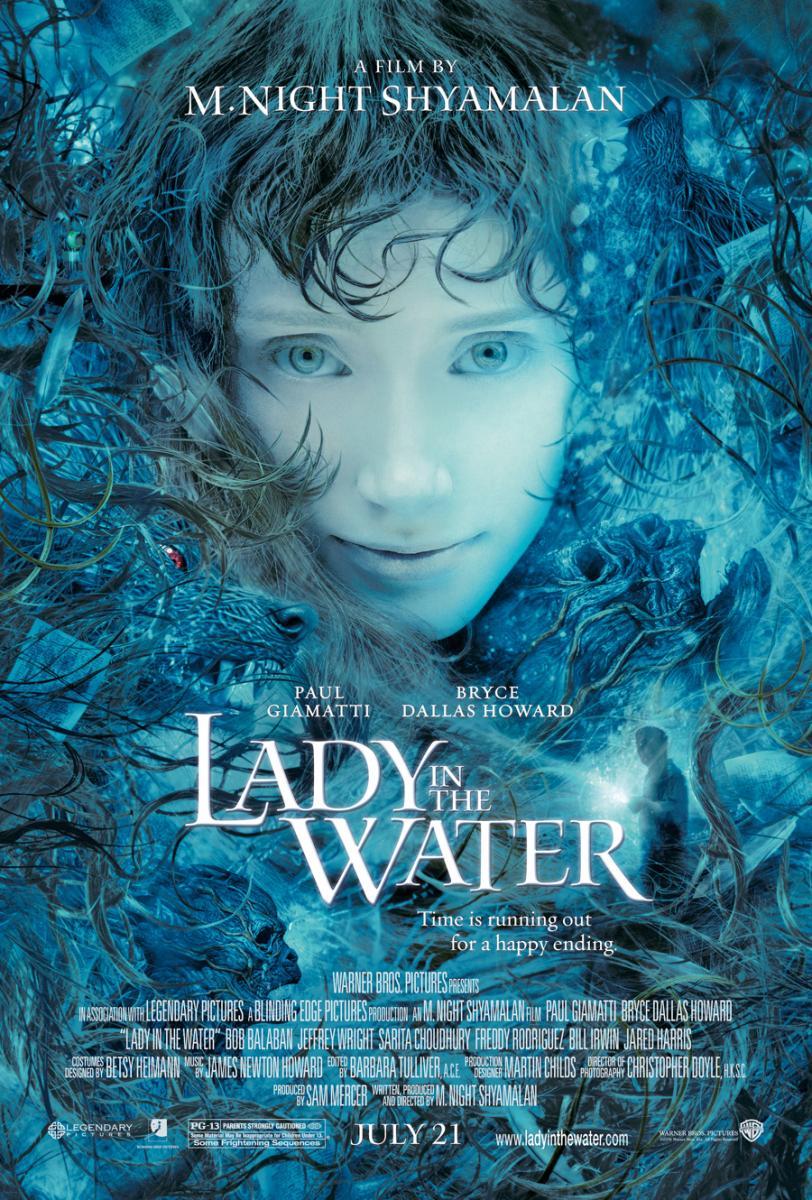

Anansi the spider is an animal trickster from West African mythology. He is often seen as a god or at least someone that can contend with gods. He is a spider, but often appears and acts as a man. He can also, shape shift into other animals. He enjoys making life fun, but his mischief often causes others trouble. Anansi's cleverness is used to trick others so that he can get what he wants, but he isn't evil.
Required Book:
Anasi Boys By: Niel Gaiman

In Anansi Boys,by Niel Gaimen, the myth of Anansi is reinvented.
Anansi is a God living as a man. This follows the original Anansi stories in which Anansi is said to live in "his house", instead of some otherworldly place set up for gods, like Mount Olympus in Greek mythology. Also, like the original stories Anansi is a trickster, but Gaimen has given him extraordinary sway over other people. For example, if Anansi gives a name to something everyone seems to call it by that name. This is why the main character can't get people to stop calling him "Fat Charlie", because his father, Anansi, gave him that name. Charlie describes his father as "the finest liar you'll ever meet." What I liked most about Gaimen's version of Anansi is that he is so charismatic people gravitate toward him unaware that he enjoys mischief at others expense. Charlie's fiance, Rosie, listens to Charlie explain how embarassing his father is and then says she wants to invite him to their wedding, because he sounds like a "character". Likewise, Charlie's mother says Anansi is, "Not a bad man" but he is, "certainly not a good man."
Charlie seems to be the only one who sees his father in a purely negative light. He is everything his father is not and just about anything his father does mortifies him. This is interesting since the story evolves around him and the brother he never knew he had, Spider. When his father dies Charlie thinks that he has gotten away from the embarrassment, at least a little bit, but then everything goes out the window when he drunkenly decides to follow Mrs. Higgler's advice to "tell a spider" that he wants to see his brother. His brother is exactly like him except he has all the qualities Charlie does not. Spider is charismatic, just like Anansi, and causes all kinds of trouble for Charlie, who must learn about his cultural roots in order to put Spider back in his place.
Gaimen has made the myth relevant to the world today by suggesting Anansi stole the "stories" from Tiger. Tiger's stories were all violent and bloody. Tiger solved problems by hitting, Anansi solved problems by thinking. Saying that Anansi tricked Tiger and stole all of the stories is another way of saying the world has changed. Problems should be solved through the mind, not the fist.
Required Movie:
Lady in the Water (2006) director: M. Night Shyamalan


This movie, like Gaimen's book builds on the known myth of mer-people. However, the rest of its mythology seems to have been created just for the movie and later a children's book.
A string of very "human" characters are explored, asking the question, What would you do if you found out a certain mythology was real? Gaimen's book asks a similar question of the main character, Charlie. But, in Anansi Boys, Charlie must solve his problem alone. In Lady in the Water all of the characters must learn to work together to save Story, the queen of the Narf's.
Both Lady in the Water and Anansi Boys sets a tale of myth in an urban setting. This immediately asks the audience to believe in something that they know can not be real, at least for the duration of the media being viewed. In this way, both of these works mix Mythic Fiction and Urban Fantasy.
No comments:
Post a Comment